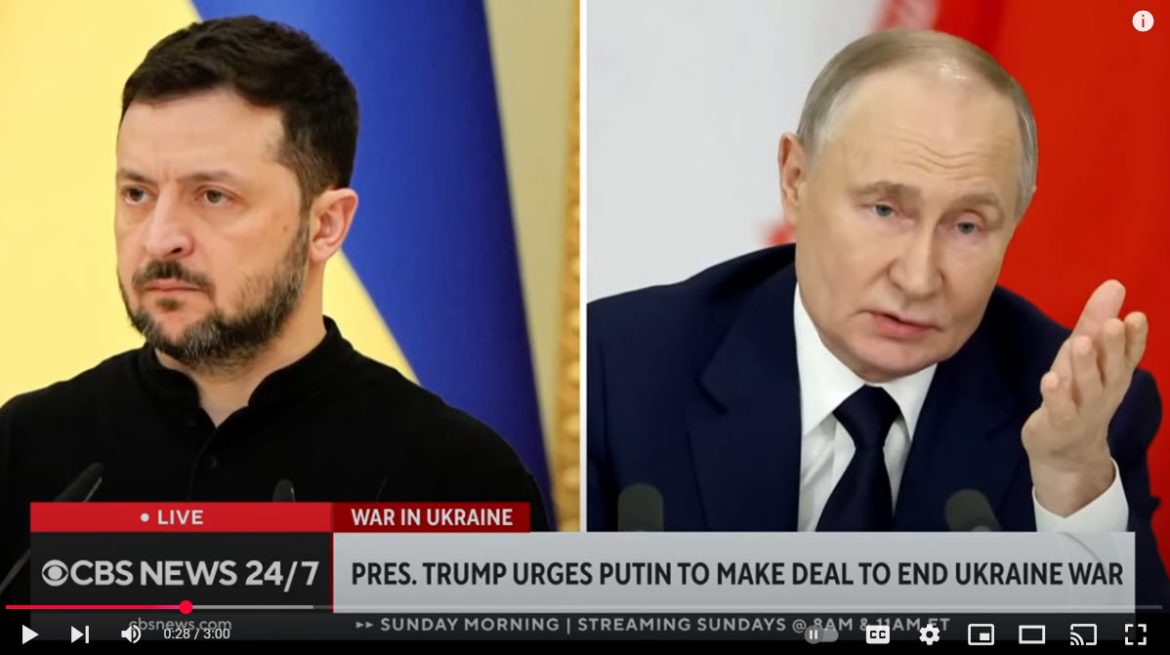President Donald Trump criticizes Russian President Vladimir Putin, accusing him of “destroying” Russia with the ongoing war in Ukraine. Speaking to reporters in Washington, D.C., on Monday night, Trump emphasizes the urgency of ending the conflict, which has claimed tens of thousands of lives and caused widespread devastation since it began nearly two years ago.
Trump expresses disappointment in Putin’s prolonged military campaign, stating that “most people thought that war would have been over in one week.” He urges the Russian leader to “make a deal” with Ukraine to end the violence and restore stability to the region. Trump’s remarks mark a significant shift in tone, as he highlights the detrimental impact of the war on Russia’s economy, international reputation, and the well-being of its people.
This comes after Putin congratulated Trump on his recent inauguration, signaling a willingness to engage in dialogue with the new administration. Despite this outreach, Trump remains critical of Putin’s handling of the conflict, suggesting that the Russian leader’s strategy has backfired, isolating Russia from much of the international community and depleting its resources.
Ukrainian President Volodymyr Zelensky has repeatedly warned of Russia’s potential to escalate the war, with reports suggesting that Moscow could deploy up to 1.5 million troops if necessary. The possibility of such an escalation intensifies calls for a diplomatic resolution. Trump’s comments reflect growing global frustration with the lack of progress toward peace and the humanitarian crisis unfolding in Ukraine.
The Biden administration previously provided significant military and financial aid to Ukraine, a policy that Trump has criticized for escalating tensions. Trump reiterates his preference for negotiation over prolonged military engagement, positioning his administration as a potential mediator in the conflict.
International reactions to Trump’s remarks are mixed. Some leaders welcome his call for diplomacy, while others question the feasibility of a negotiated settlement given the entrenched positions of both Russia and Ukraine. Meanwhile, analysts note that Trump’s ability to influence the situation depends on his administration’s capacity to engage both sides in meaningful dialogue.
As the war continues to devastate Ukraine, displace millions, and strain global economies, the pressure mounts on world leaders to find a solution. Trump’s willingness to address the issue signals a potential shift in U.S. foreign policy priorities, but the path to peace remains uncertain.



